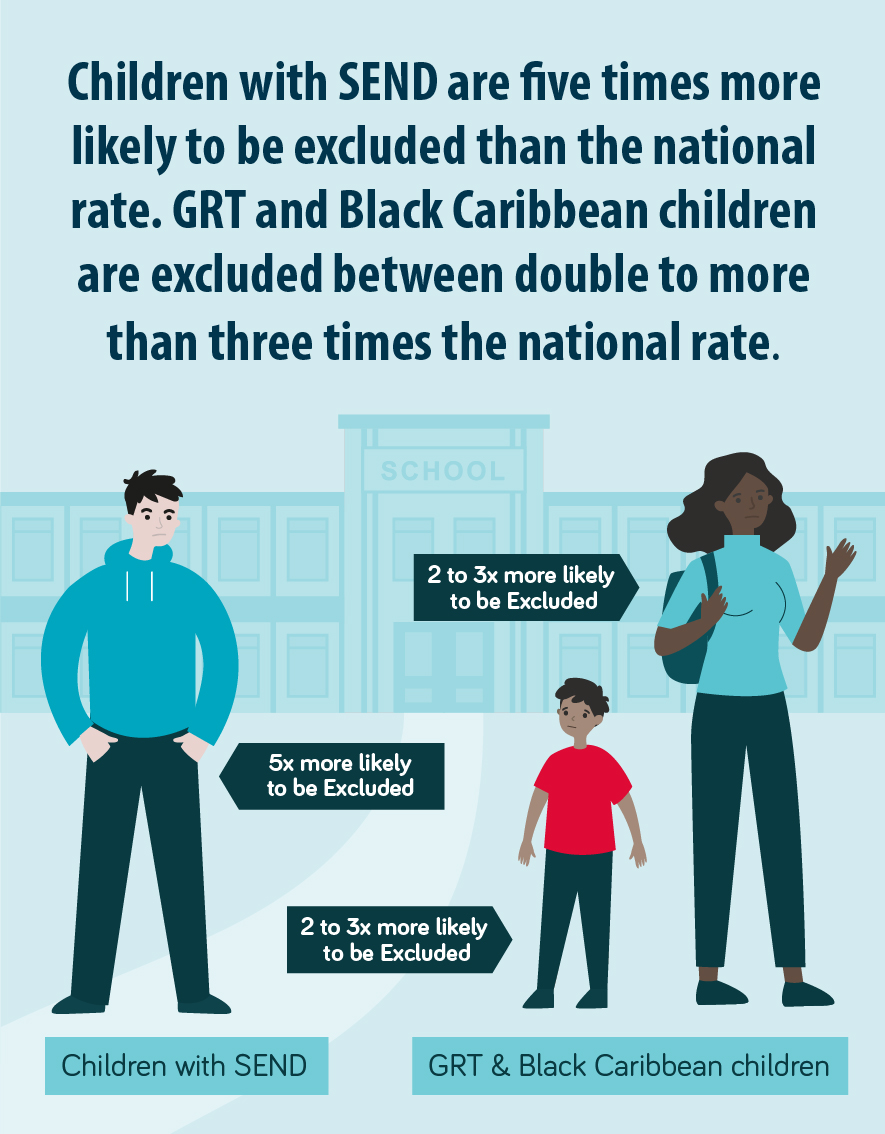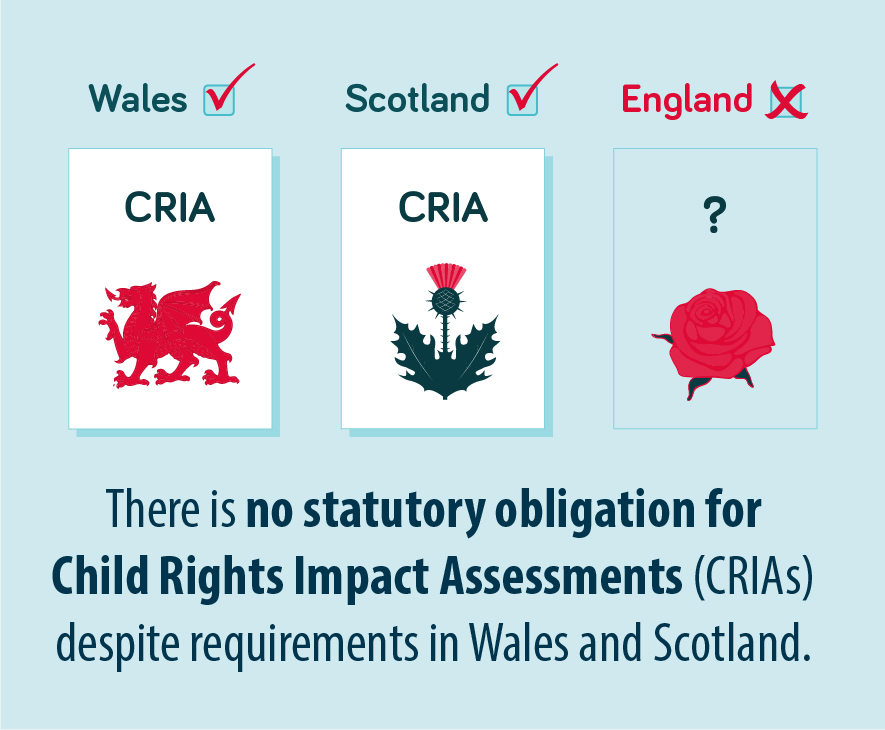The following blog was written by our Policy and Public Affairs Officer Ayomide Sotubo for Special Needs Jungle.
Under the UN Convention on the Rights of the Child (CRC), which the UK ratified in 1991, all children have the right to an education, but how well is the Government respecting these rights for children with special educational needs and disabilities (SEND)? At the end of last year, CRAE submitted the Civil Society Report to the UN Committee on the Rights of the Child (UN Committee) as part of its examination of the UK, endorsed by 97 children’s charities, which explores these issues in more detail.
Every five years, the UN Committee examines States’ implementation of the CRC. Our report revealed that due to the UK Government’s failures, children’s rights have worsened in many areas since the UN’s last examination. Although there have been some improvements, the report concludes that children remain worryingly low on the political agenda in England.
The UN Committee’s last verdict on children’s right to an education
Children have a right to education under article 28 of the CRC and States Parties (countries that have ratified the Convention) must recognise this right, on the basis of equal opportunity. In their last examination of the UK in 2016, the UN Committee expressed concern about the inequalities that persist in educational attainment amongst different groups and the disproportionate use of permanent exclusions, particularly on boys, Gypsy Roma Traveller (GRT) children, children of a Black Caribbean descent and disabled children. It recommended that the Government reduce the effects of the social background or disabilities of children on their achievement in school, ensure both permanent and fixed-term exclusion is only used as a last resort, and guarantee the right of all children to a truly inclusive education.
However, from our research, evidence we received from civil society and feedback gathered from children who participated in the consultation process, our report reveals that sadly much of these issues in education remain despite being raised as a concern by the UN Committee nearly seven years ago. We also found that most of the issues disproportionately affect children with SEND.
The report identifies an overall lack of an inclusive education system within England, with schools adopting zero-tolerance behaviour policies which disproportionately impact children with SEND. A focus on improving league tables and academic performance of schools instead of incentivising all children to achieve is also impacting on children’s mental health and behaviour.

Worsening attainment, attendance and rates of exclusions
The widening attainment gap between different groups of children also remains an issue, further exacerbated by Covid-19. Children with SEND, with mental health needs, in alternative provision, young carers, children in poverty and migrant children all have lower attainment. Children in poverty or from Gypsy, Roma and Traveller (GRT) and Black Caribbean backgrounds are months and, in some cases, years behind White British students at the end of Key Stage 4. This is incredibly worrying; no child should fall behind in school because of their social or racial background.
The growing number of children missing education since the Covid-19 pandemic is also a major concern we highlight, which inevitably impacts on children’s educational attainment. Much more needs to be done to address the loss of learning and the barriers that children with SEND face in re-engaging with school post-lockdown.
Exclusion levels continue to be high, despite a decrease in the last two years due to school closures during Covid-19. GRT children and Black Caribbean children are still disproportionately excluded from school. Children with SEND also continue to be overrepresented in exclusions due to undiagnosed needs and a lack of adequate support. Exclusion from school should be prohibited in primary schools and only ever be a last resort in secondary schools.

Lack of support and inclusive education for children with SEND in school
Our report also evidences how schools have experienced a significant shortfall in funding for addressing SEND. Even though the Government has increased school funding for SEND support over recent years, the funding available is not sufficient to meet the demand for specialist provision.
Applications for, and the total number of, Education, Health, and Care Plans (EHCPs) have increased yearly, and the system cannot keep up with this pressure. This means that deadlines for EHCP provision are routinely missed, and children miss out on the support they desperately need. The quality of decision-making is also poor as 96% of tribunal cases are found in favour of parents/carers. Parents are left with no other choice than to appeal decisions, but they shouldn’t have to go to such lengths and incur such costs to get adequate provision for their children.
Worryingly, hundreds of children with SEND have experienced a restrictive intervention (restraint or seclusion) at school. Segregation between mainstream schools and special schools also continues and isolation and isolation units are often disproportionately used to segregate children with SEND. These practices do not reflect an inclusive education system.
Children with SEND must be able to have a positive experience of the education system, but for a lot of children, this is not the case. We are calling on the UN Committee to hold the Government to account so that children are given adequate support to enable them to access their right to education. We want to see the inequalities faced by children with SEND and from racialised and disadvantaged backgrounds reduced, children’s well-being prioritised, and sufficient funding put in place to enable all children to thrive in education.
Read the report summary here.